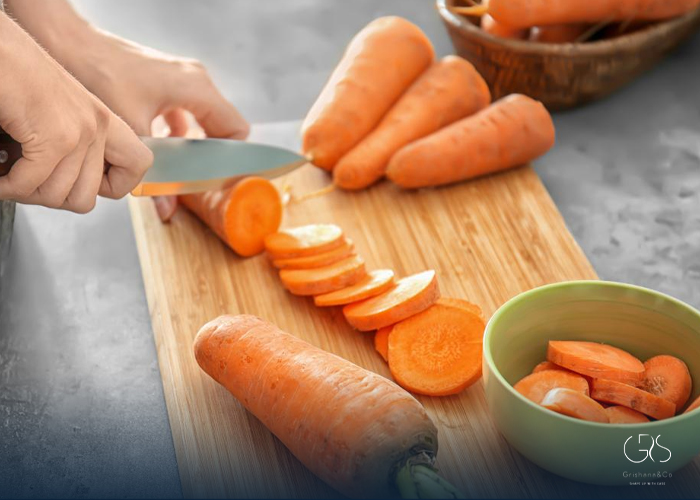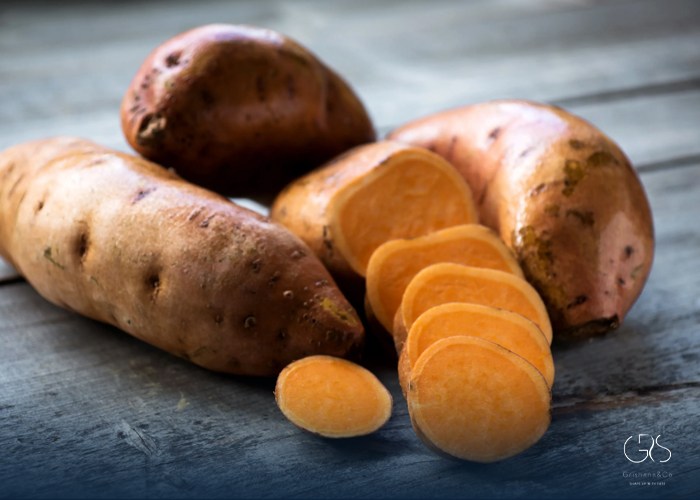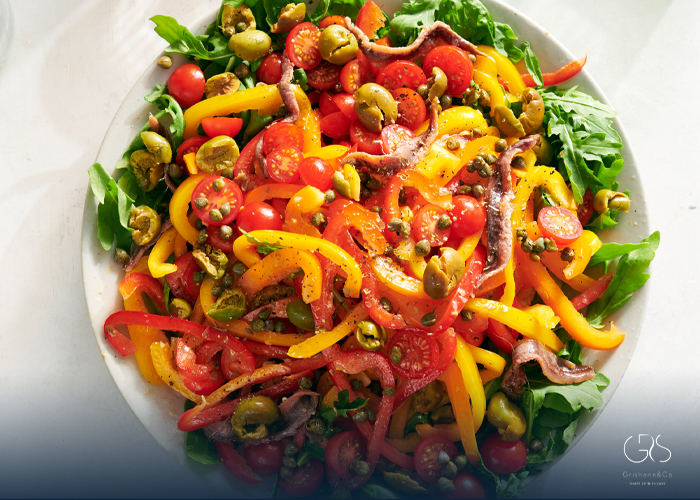In order to uphold optimal health and wellness, it is imperative to follow a well-rounded and nourishing diet. The inclusion of Baby carrots in your daily meals has been associated with a multitude of health advantages. In this discussion, we will delve into the potential health perks of consuming Baby carrots and offer guidance on incorporating this carotenoid-rich food into your regular diet.
Eating Baby Carrots Was Beneficial, Especially for Those Who Took a Multivitamin
A study conducted by the University of Georgia revealed that regular consumption of baby carrots led to increased blood levels of carotenoids, essential for health maintenance. Interestingly, individuals who consumed a multivitamin alongside baby carrots showed higher blood levels of carotenoids compared to those who did not. This suggests a potential synergy between the nutrients in baby carrots and multivitamin supplements.
How Do Carrots and Carotenoids Affect Your Health?
Carotenoids, present in carrots and other colorful fruits and vegetables, are potent antioxidants that help protect cells from oxidative damage. They have been associated with a reduced risk of chronic diseases such as heart disease, certain cancers, and cognitive decline. Additionally, carotenoids play a crucial role in promoting healthy vision and supporting overall immune function.

Relevant Statistics:
According to a study published in the Journal of the National Cancer Institute, individuals with higher blood levels of carotenoids exhibited a lower risk of developing certain types of cancer.
A meta-analysis published in The American Journal of Clinical Nutrition found that higher dietary intake or blood concentrations of carotenoids were associated with a reduced risk of cardiovascular disease (Source: https://academic.oup.com/ajcn/article/71/6/1691S/4729453).
How to Include More Carotenoids in Your Diet:
Incorporating carotenoid-rich foods into the diet can be achieved through various simple and delicious methods. Here are some practical ways to include more carotenoid-rich foods in your daily meals:
- Add sweet potatoes to your meals: Sweet potatoes are a rich source of beta-carotene, a powerful carotenoid. Roast, bake, or mash sweet potatoes as a flavorful and nutritious addition to your meals.

- Incorporate spinach in smoothies: Spinach is a versatile leafy green rich in carotenoids. Blend a handful of fresh spinach into your favorite smoothie recipes for an added nutritional boost.
(Read more about the benefits of spinach in our article.) - Snack on carrot sticks and hummus: Baby carrots or carrot sticks paired with hummus make for a satisfying and vitamin-packed snack. This combination provides an excellent source of carotenoids and protein.
- Make a bell pepper salad: Colorful bell peppers are abundant in carotenoids. Create a vibrant and crunchy salad using a variety of bell peppers to elevate the carotenoid content of your meal.

- Blend pumpkin into soups: Adding pumpkin, another carotenoid-rich vegetable, to soups and stews enhances both the flavor and nutritional value of the dish.

Conclusion:
Incorporating carotenoid-rich foods, such as baby carrots, sweet potatoes, spinach, bell peppers, and pumpkin, into your diet can potentially offer significant health benefits. From reducing the risk of chronic diseases to promoting optimal vision and immune function, the consumption of these colorful foods should be encouraged as part of a balanced diet. By incorporating diverse sources of carotenoids into daily meals, individuals can enhance their overall nutritional intake and potentially improve their long-term health outcomes.
Sources
- Mayo Clinic, Why you should pick carrots for good health
- Journal of the National Cancer Institute Study, Dietary Carotenoids and Vitamins A, C, and E and Risk of Breast Cancer
- The American Journal of Clinical Nutrition, Carotenoids and cardiovascular health













